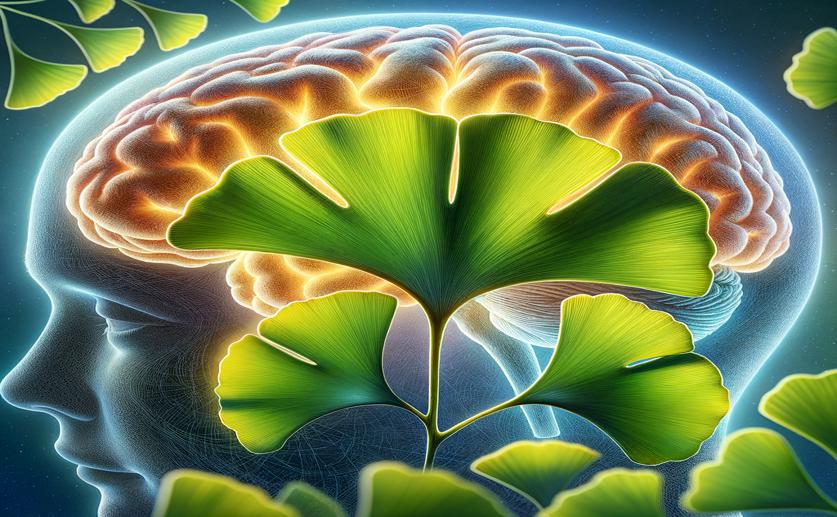
How Ginkgo Biloba Leaves Help Protect the Brain and Treat Neurological Disorders
Jenn Hoskins
22nd June, 2024

Image Source: Natural Science News, 2024
Key Findings
- The study reviewed the effects of Ginkgo biloba leaves (GBLs) on neurological disorders like Alzheimer's, depression, and stroke
- GBLs were found to improve memory, cognition, behavior, and psychopathology in these conditions
- The beneficial effects of GBLs are due to their antioxidant, anti-inflammatory, and neurotransmitter-regulating properties
References
Main Study
1) Comprehensive Exploration of the Neuroprotective Mechanisms of Ginkgo biloba Leaves in Treating Neurological Disorders.
Published 21st June, 2024
https://doi.org/10.1142/S0192415X24500435
Related Studies
2) Ginkgo biloba protects against intermittent hypoxia-induced memory deficits and hippocampal DNA damage in rats.
3) Ginkgo biloba extract (GbE) attenuates obesity and anxious/depressive-like behaviours induced by ovariectomy.
4) Alzheimer's Disease-Current Status and Future Directions.
5) Pharmacological and biochemical effects of Ginkgo biloba extract on learning, memory consolidation and motor activity in old rats.



 28th January, 2024 | Greg Howard
28th January, 2024 | Greg Howard